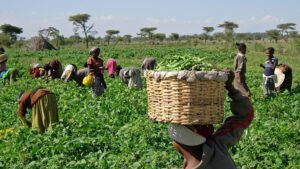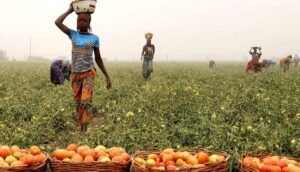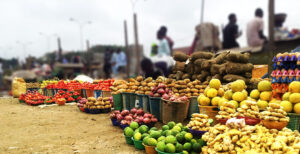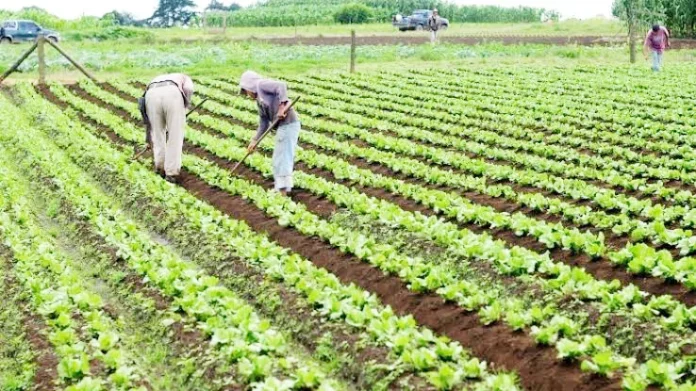By Muhammad Inuwa M/fashi
The stakes have never been higher for the Northern region of Nigeria, and the urgency to prioritize meaningful economic development over fleeting prestige projects is glaringly evident. As the Tax Reform Bill sparks nationwide discussions, it has exposed a pandora’s box of structural deficiencies and economic inadequacies that demand immediate and strategic intervention.

The message is simple yet profound: farms and factories should take precedence over airports and dry-land bridges. The allure of infrastructure like airports and ornamental bridges may enhance regional aesthetics or offer limited economic impact, but the true drivers of sustainable growth lie in agriculture and industrialization. These sectors are not just the backbone of any resilient economy—they represent the lifeline of millions of Nigerians, particularly in the North.
A Call for Pragmatic Leadership
Northern Nigeria, rich in arable land and natural resources, holds immense potential to feed the nation and beyond. Yet, these vast resources remain underutilized while poverty and unemployment persist at alarming rates. Building airports in regions where basic amenities like water, healthcare, and education are scarce only amplifies the disparity between the leaders’ priorities and the people’s needs.
The consequences of neglecting high-performance, value-driven economic planning at this juncture are unimaginable. Without bold steps to rejuvenate agriculture and establish value-adding industries, the region risks further economic stagnation and increased vulnerability to social unrest.

Farms and factories offer a clear pathway out of these challenges. Investments in mechanized farming, agro-processing plants, and the promotion of value chains can create millions of jobs, ensure food security, and attract private sector investment. Factories, meanwhile, can transform raw materials into export-ready products, boosting foreign exchange earnings and diversifying the economy.
Tax Reform: An Eye-Opener
Whether or not the Tax Reform Bill is passed, it has laid bare the economic realities that can no longer be ignored. Heavy reliance on federal allocations, with minimal contributions from internally generated revenue, underscores the North’s economic vulnerabilities. By focusing on productive sectors, states can broaden their tax base, reduce dependence on Abuja, and empower local economies.

Infrastructure is important, but it must align with the region’s immediate and long-term economic needs. Airports may connect cities, but they do not feed families or educate children. Dry-land bridges may ease transportation in specific locales, but they do not offer the economic multipliers that factories and farms provide.
The Way Forward
Leadership at this critical juncture requires more than lofty ambitions—it demands authentic, high-performance thinking caps, guided by a commitment to the public good over personal interests. Northern governors must rally their resources and political will toward initiatives that uplift their people, not just their portfolios.

Programs that incentivize youth participation in agriculture, attract foreign investors to establish industries, and improve access to markets must be prioritized. With climate change threatening food security, integrating technology into farming practices is no longer optional—it is essential.
This is a moment of truth for the North. As the dust settles on the debates surrounding tax reform, the call to action remains clear: abandon vanity projects and embrace the transformative potential of farms and factories. The stakes are higher than ever, and the time to act is now.
Let this not be too late.
Muhammad Inuwa M/fashi
Social Commentator ainuwa303@gmail.com




